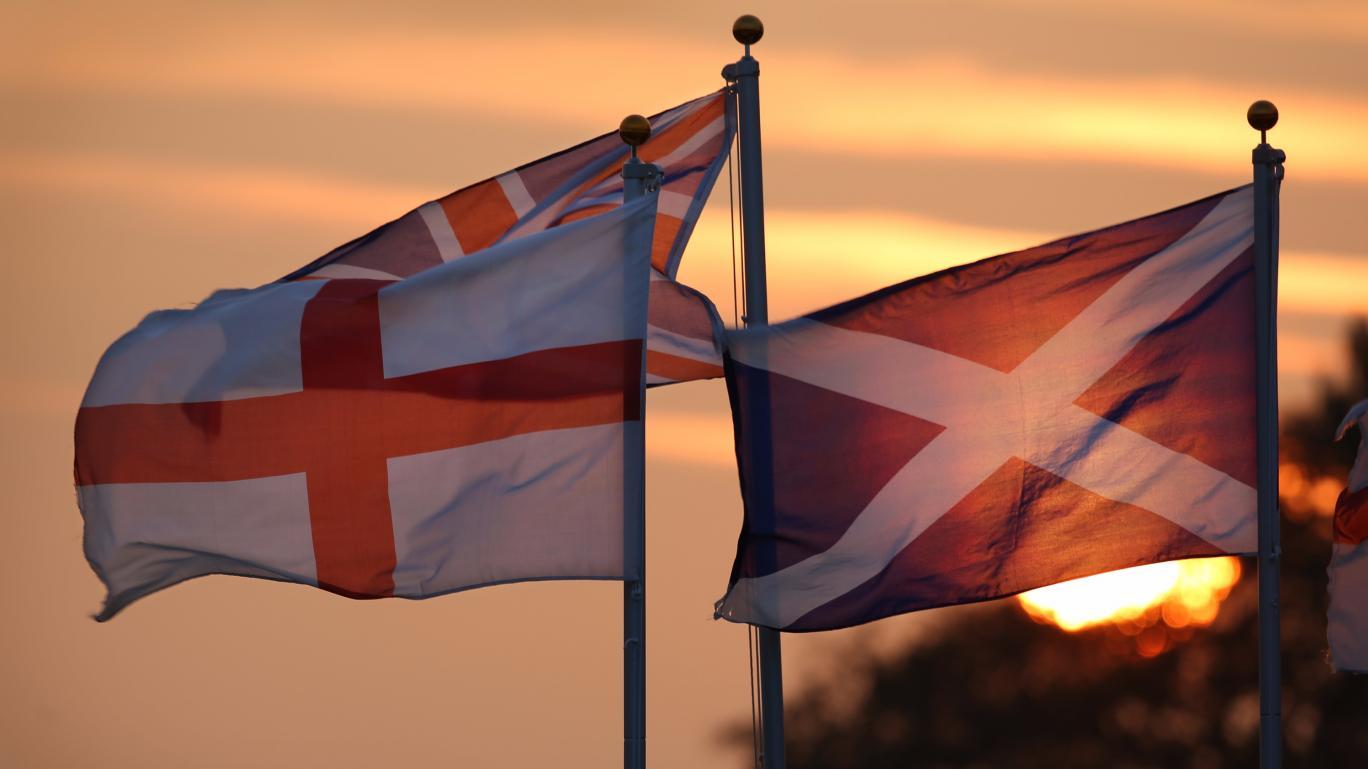EU referendum result: Scotland’s higher education sector emphasises ‘nothing changes overnight’
NUS Scotland president says voices of positive majority in Scotland 'cannot be ignored', calling on Westminster to work closely with devolved governments to 'stem damaging consequences'

As the United Kingdom files for divorce from the European Union after more than 40 years together, all eyes have fallen on Scotland where all 32 council areas overwhelmingly backed Remain, a staggering 62 per cent to just 38 per cent for Leave.
First Minister Nicola Sturgeon said the people of Scotland see their future as part of the EU, adding that a second Scottish independence referendum is “highly likely” with those loyal to Remain expressing concern that the north of the UK is being separated from the EU “against its will.”
One of the main focuses throughout campaigning was the effect a Brexit would have on students and the higher education sector, with over 100 academics issuing a last-minute plea to voters on Monday, reminding them EU students generate £3.7 billion to the UK’s economy.
It’s an uncertain day for both a continent and a nation, but how are leading educational figures in Scotland responding to the result, and what are their hopes for the future of higher education in Scotland - and the EU?
The head of the National Union of Students in Scotland, Vonnie Sandlan, echoed many young voters’ sentiments on Friday morning by saying the result was “incredibly disappointing,” one Scotland “clearly took a different stand against.”
Sandlan said: “We saw a really positive and diverse campaign in Scotland for our continued membership of the EU - and students were at the heart of that, recognising the immense benefits membership brings for students and young people, and our universities and colleges. This was a UK-wide vote, but the voices of the positive majority in Scotland cannot be ignored”
Sandlan said NUS Scotland’s priority is to now seek assurance on the safety of the country’s higher and further education systems, and the staff and students within them. Reflecting on NUS president Megan Dunn’s letter to Downing Street, she said the national student campaigner will be seeking clarity on the future of the EU funding that educational institutions benefit from, and the knock-on impact this may have on students studying in the UK and across the EU.
She added: “Being part of the EU offers so much for our education system through funding and opportunities for students to travel and study abroad, now we need to unite and ensure we protect these benefits for generations to come.”
A spokesperson from Universities Scotland, the representative body of the country’s 19 higher education institutions, remained somewhat neutral on the issue, reminding voters “nothing changes overnight.”

The spokesperson said: “The electorate has made its choice and we respect its decision. This outcome has a number of significant and direct implications for Scotland’s universities, but the most important thing right now is to advise EU staff and students working and studying in our Scottish institutions nothing changes overnight as a result of this referendum result.
“Higher education is truly global; it transcends borders. Our relationships with Europe, European universities, and other institutions remain very important to us and we will work with all governments and stakeholders to ensure those relationships are preserved under the new arrangements.
“Our priorities are to influence the negotiations for the terms of Scotland, and the UK’s, future relationship with the EU. We want to retain the right for staff and students from EU countries to continue working and studying in Scotland and to negotiate access to European programmes for students, staff, and research. We believe this is compatible with the electorate’s decision and would be to the benefit of Scotland and the UK.”
The Russell Group’s Glasgow University - one of the oldest institutions in the English-speaking world - said it will do all it can to ensure its voice is heard in all discussions post-results.
Principal and vice-chancellor, Professor Anton Muscatelli, said it was “not the result I had personally hoped for,” reminding voters - like Universities Scotland - that “nothing will change overnight.”
The principal assured those EU students who have been made an offer for 2016 (or 2017 deferred entry) at the elite university will be unaffected. He added: “Given the complexity of exit negotiations, it is unlikely the current process and funding arrangements will change significantly in the short term. We are, therefore, encouraging those who are considering applying for 2017 entry to do so in the usual way.
“I want to emphasise to my colleagues and to our students from the EU just how much this university values your contribution to our community. You are a vital and essential part of our university. The University of Glasgow was founded in the European tradition, and nothing will change our international outlook which will continue to look to Europe for our academic collaborations.”
The Russell Group’s other elite Scottish institution, Edinburgh University, echoed Professor Muscatelli’s comments, with principal and vice-chancellor, Professor Sir Timothy O’Shea, reminding all that “these are very early days.” He said Edinburgh “is and always will be” a global university, stressing the stability and strength of the institution, both financially and also in terms of its reputation.
He said: “Our priority will be to maintain our research and exchange partnerships across Europe. As far as our EU students are concerned, it is particularly important to note that, as things currently stand, there will be no change for existing and future EU students arriving in 2016/17 and 2017/18 for the duration of their studies.
“It is now our responsibility to work with Government and other bodies, to ensure a smooth and successful transition to a productive future for the university.”
Join our commenting forum
Join thought-provoking conversations, follow other Independent readers and see their replies
Comments
Bookmark popover
Removed from bookmarks